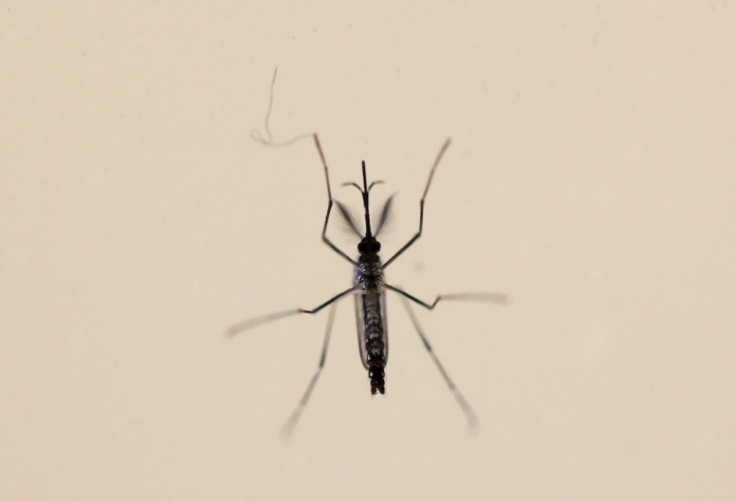This is why you should never scratch a mosquito bite
Mosquito-borne viral diseases are becoming more prevalent around the world.

Itchy mosquito bites are not just uncomfortable - they also have the potential to promote virus replication in the body, scientists have found out. The discovery could lead to advances in the research for treatments against diseases such as Zika or dengue fever.
Mosquito-borne viral diseases are becoming more prevalent around the world. In recent years, there has been a rapid increase in both their occurrence and geographical range, with a spread to more temperate climates becoming more likely.
The recent study, published in the journal Immunity, investigates how the inflammation that follows a bite from Aedes Aegypti mosquitoes – the mosquitoes carrying some of the worse viral diseases in the world – contribute to the replication of the virus in the body.
"Zika has attracted attention to these neglected diseases like dengue and chikungunya that are spread through Aedes Aegypti mosquito bites. Yet there are currently very little treatments and vaccines available for people," senior author Dr Clive McKimmie from the University of Leeds told IBTimes UK.
"We are very excited about this research because it suggests there might be a common aspect to all of these diseases that we can target – that is the inflammation from the mosquito bite and the immune response it triggers".
Mouse model
When mosquitoes bite, they probe the skin and inject saliva, causing an inflammation and triggering an immune response. White blood cells called neutrophils and myeloid cells rush to the site of the bite, but the researchers show that instead of helping, these cells in fact get infected and inadvertently replicate the virus.
To come up with this conclusion, the scientists conducted experiments on mouse models - some were bitten by mosquitoes on a specific area of their skin, triggering an infection, while some remained bite-free. All received the same dose of a model virus, known to replicate well in the animals.
In all the mice, the virus triggered a viral immune response, which was nevertheless insufficient to fight the virus in the early stages of the infection. In parallel, the animals bitten by mosquitoes developed a immune response specific to the inflammation from the bite. However, this immune response appeared to promote the replication of the virus in the immune cells, and its spread to the blood.
"After 24 hours, we show that there is an enhanced replication of the virus in the skin cells and the white blood cells. The virus spreads from the skin to the blood, where it can get to other tissues in the body and cause diseases", McKimmie explains.
Potential treatment
These findings suggest that anti-inflammatory drugs and creams could be an interesting therapeutic option to limit the spread of the virus. They could potentially target the inflammation before the immune cells rush to the site of the bite and become infected by the virus. This could an important step in fighting viral diseases which affect thousands of people worldwide - particularly people with limited access to expensive medication.
"In laboratory settings, we want to test whether some topical creams and anti-inflammatories already available can be repurposed to target the inflammation from the bite, while leaving the viral immune response intact.These drugs are cheap and readily available, which would benefit populations most vulnerable to the diseases, as a majority live in more economically deprived countries", McKimmie concludes.
© Copyright IBTimes 2025. All rights reserved.






















